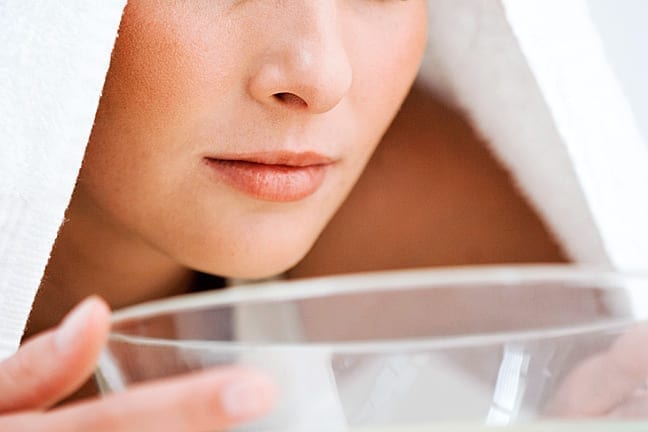The Basics: Homeopathy is a low-cost, non-toxic, non-invasive treatment for what ails you. The 200-year-old therapy is based on the principle that “like cures like.”Homeopathic remedies provide a miniscule amount of a natural substance that induces symptoms similar to those of the offending condition. For example, if you’re coping with watery eyes brought on by allergies, you might take a homeopathic remedy made from alium cepa, a derivative of tear-inducing red onion. These symptoms signal the body to boost its defenses against the ailment. “Your own immune system pushes a little harder because it thinks the disease is getting stronger,” says Margo Marrone, a pharmacist, homeopath and founder of the natural beauty brand The Organic Pharmacy. “Your body gets rid of the disease by itself.”Although it sounds like such weak doses would lower the effectiveness of the alternative treatment, homeopathy operates on the principle that less is more—namely, the more diluted the remedy, the greater its potency. Homeopathic remedies may be so strongly diluted that not even one molecule of the original substance remains.So how can it be effective? Marrone explains that the remedy retains the energy, or electromagnetic frequency, of the original substance, which affects the body in the same way. “Homeopathy uses quantum physics—the energy of atoms, the energy of disease and the energy of the remedy—to treat like with like,” she explains.Scientific Support: While many physicians and scientists remain skeptical, homeopathy has its supporters. Luc Montagnier, M.D., winner of the 2008 Nobel prize for discovering the AIDS virus, recently announced his discovery that electromagnetic waves emanate from highly diluted DNA of various pathogens, giving advocates of homeopathy new hope that one day there will be scientific evidence of the efficacy of diluted remedies. For now, those who experience healing and relief with homeopathy view their experience as proof enough.Complement to Western Medicine: Given the extreme dilution of homeopathic remedies, there are little-to-no documented side effects, making them safe for use in combination with traditional Western therapies. That said, it’s always smart to inform your doctor of any new remedies you use.In the United States, the Food and Drug Administration regulates homeopathic remedies for potency and purity, just like over-the-counter drugs. They typically come in liquid or pastille form and are usually absorbed under the tongue. Homeopathic remedies are easily accessible at your local pharmacy or natural health store, but getting an accurate remedy recommendation takes a bit more effort. A visit to a homeopath involves a broad look at your health history, lifestyle and current physical, emotional and mental symptoms. “Homeopathy looks much deeper [than Western medicine]: at the root cause, at how emotions affect our bodies, and at how we are affected by genetics,” explains Marrone.“It’s very difficult for people to self-diagnose. If [the homeopath gets] the remedy right, the relief can begin in minutes, even seconds.” But a misdiagnosis means that the remedy will have no effect. Marrone recommends finding a homeopath through a referral or an accredited organization such as the National Center for Homeopathy.What it’s Best For: Homeopathy can treat nearly any health concern, from frequent colds and headaches to gastrointestinal problems and ear infections. The therapy may be a particularly effective for chronic fatigue, allergies, anxiety, digestive problems, pain caused by an injury, skin problems, depression, grief, anger management, infection, sleep disturbances and headaches.The Beauty Connection: Using homeopathy to bring the body into balance can have a profound effect on the skin, in addition to boosting your energy levels and mood, which are connected to appearance.“If you’ve got skin problems like acne, eczema, psoriasis or even pigmentation issues, it’s usually a sign of what’s going on in the body,” says Marrone. “By balancing stress and the way the body copes with stress, you are able to improve energy levels and even the flow of blood to the skin. We have to stop thinking of skin as an unconnected organ that is not related to anything else. It’s related to everything else.”
© YouBeauty 2024




































